AI in Law and Policy
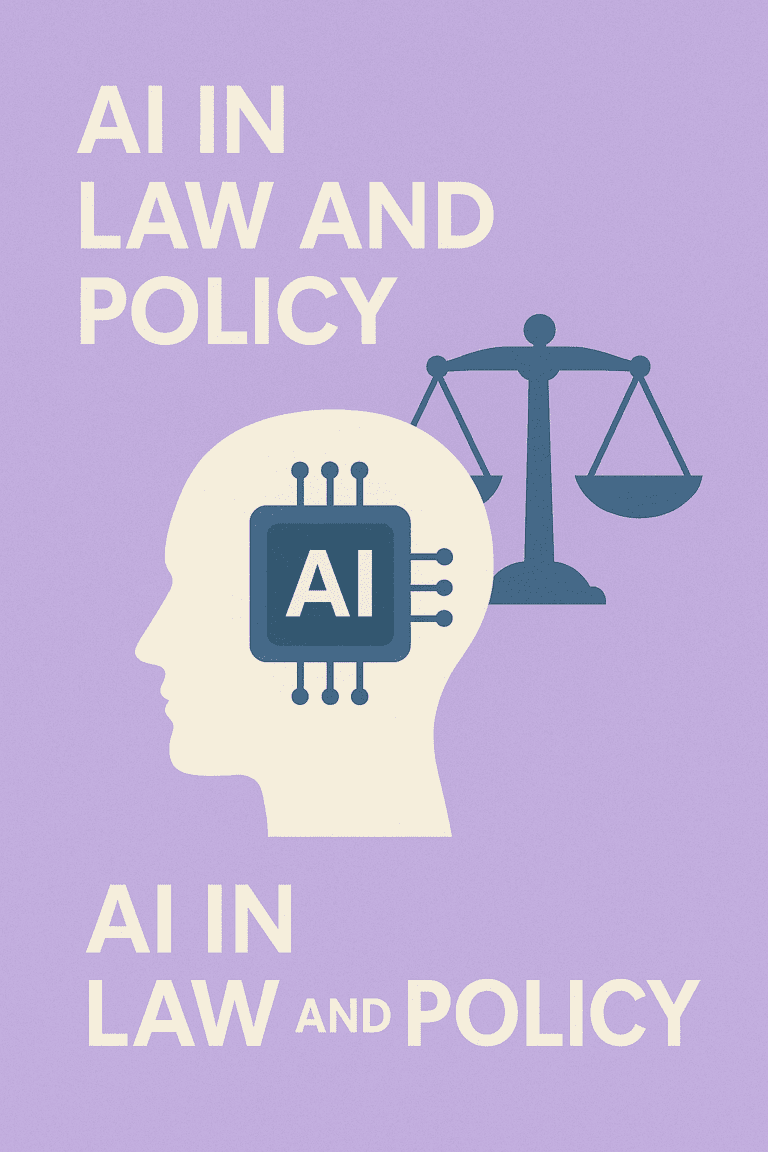
⚖️ AI in Law and Policy Transforming Legal Systems and Governance with Artificial Intelligence
🧠 Overview
Artificial Intelligence (AI) is revolutionizing the legal and policy-making landscapes. From automating routine legal tasks to informing complex policy decisions, AI offers tools that enhance efficiency, accuracy, and accessibility. However, its integration also raises critical ethical, legal, and societal considerations.
🔍 Applications of AI in the Legal Domain
1. Legal Research and Document Analysis
AI-powered tools expedite legal research by swiftly analyzing vast legal databases, identifying relevant case laws, statutes, and legal precedents. This accelerates the preparation of legal documents and case strategies.
2. Contract Review and Management
AI systems assist in drafting, reviewing, and managing contracts by detecting anomalies, ensuring compliance, and suggesting standard clauses, thereby reducing manual errors and saving time.
3. Predictive Analytics in Litigation
By analyzing historical case data, AI can predict litigation outcomes, helping lawyers and clients make informed decisions about pursuing or settling cases.Bloomberg Law+1United Nations University+1
4. Virtual Legal Assistants
Chatbots and virtual assistants provide preliminary legal advice, answer common legal queries, and guide users through legal procedures, enhancing access to justice for individuals and small businesses. United Nations University
🏛️ AI in Policy Formulation and Governance
1. Data-Driven Policy Making
Governments utilize AI to analyze large datasets, identifying trends and insights that inform policy decisions in areas like public health, education, and urban planning.
2. Regulatory Compliance and Monitoring
AI aids in monitoring compliance with regulations by analyzing transactions and communications, detecting anomalies, and flagging potential violations in real-time.
3. Public Engagement and Feedback Analysis
Natural Language Processing (NLP) tools analyze public feedback from various channels, enabling policymakers to gauge public opinion and adjust policies accordingly.
⚠️ Challenges and Ethical Considerations
Bias and Fairness: AI systems can perpetuate existing biases present in training data, leading to unfair outcomes in legal judgments or policy implementations.
Transparency and Accountability: The “black box” nature of some AI algorithms makes it difficult to understand decision-making processes, raising concerns about accountability.
Data Privacy: Handling sensitive legal and personal data necessitates robust data protection measures to prevent unauthorized access and breaches.
Reliability: Instances of AI-generated false citations in legal documents highlight the need for careful oversight and verification of AI outputs. Business Insider+1apnews.com+1
🌐 Global Regulatory Landscape
European Union: The EU has introduced the Artificial Intelligence Act, categorizing AI applications based on risk levels and setting requirements for high-risk AI systems, including those used in legal contexts.
India: The Digital Personal Data Protection Act addresses privacy concerns related to AI, and the Bureau of Indian Standards is developing AI standards focusing on safety and ethics.
International Efforts: The Council of Europe’s Framework Convention on Artificial Intelligence aims to ensure AI technologies align with human rights, democracy, and the rule of law.
🔗 Explore Further
AI Law and Policy Blog: Insights and analysis on AI-related legal issues.
Law Society’s AI and Lawtech Policy: Guidance on adopting AI in legal practices.
AI Tracker by Herbert Smith Freehills: Monitoring global AI legislation developments.
📞 Get Involved
We invite legal professionals, policymakers, technologists, and scholars to collaborate in shaping the future of AI in law and policy. Engage with our initiatives, contribute to research, or participate in our forums to drive responsible and ethical AI integration.
Harnessing AI’s potential in law and policy requires a balanced approach that embraces innovation while safeguarding fundamental rights and ethical standards.
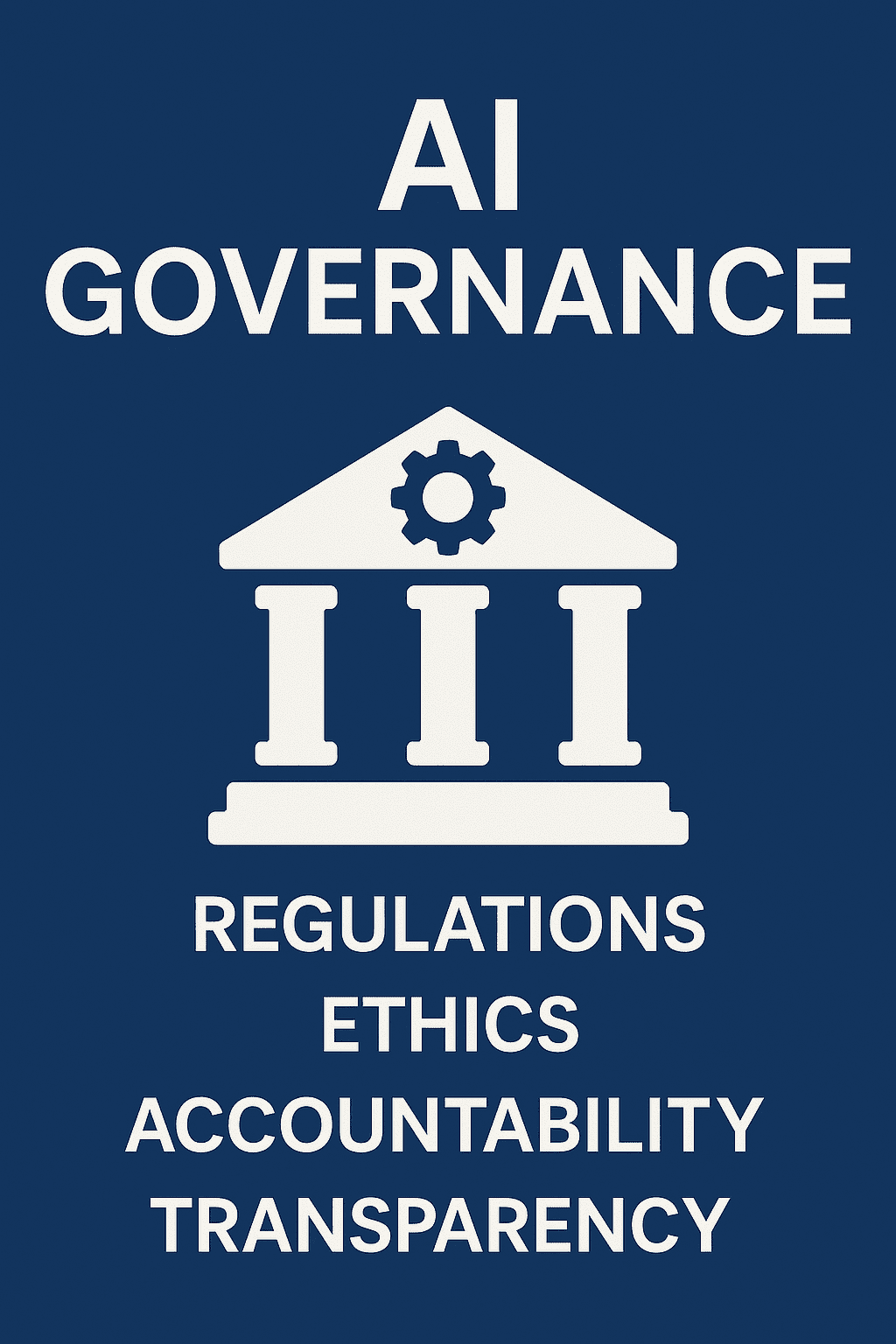
AI Governance
AI Governance – policies and regulations for AI development and use. (By PiyushAI)
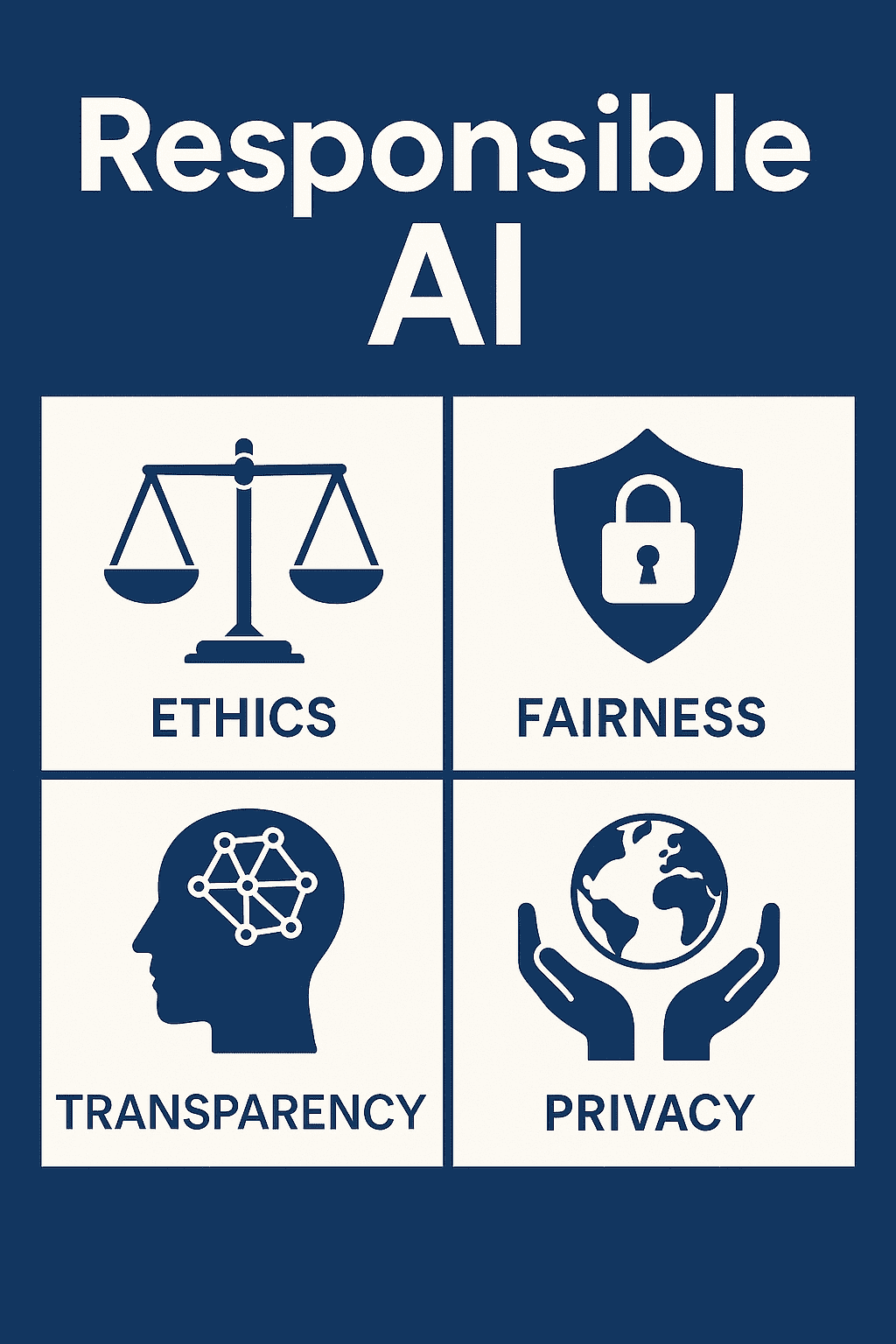
Responsible AI
Responsible AI – frameworks ensuring AI aligns with societal values. (By PiyushAI)
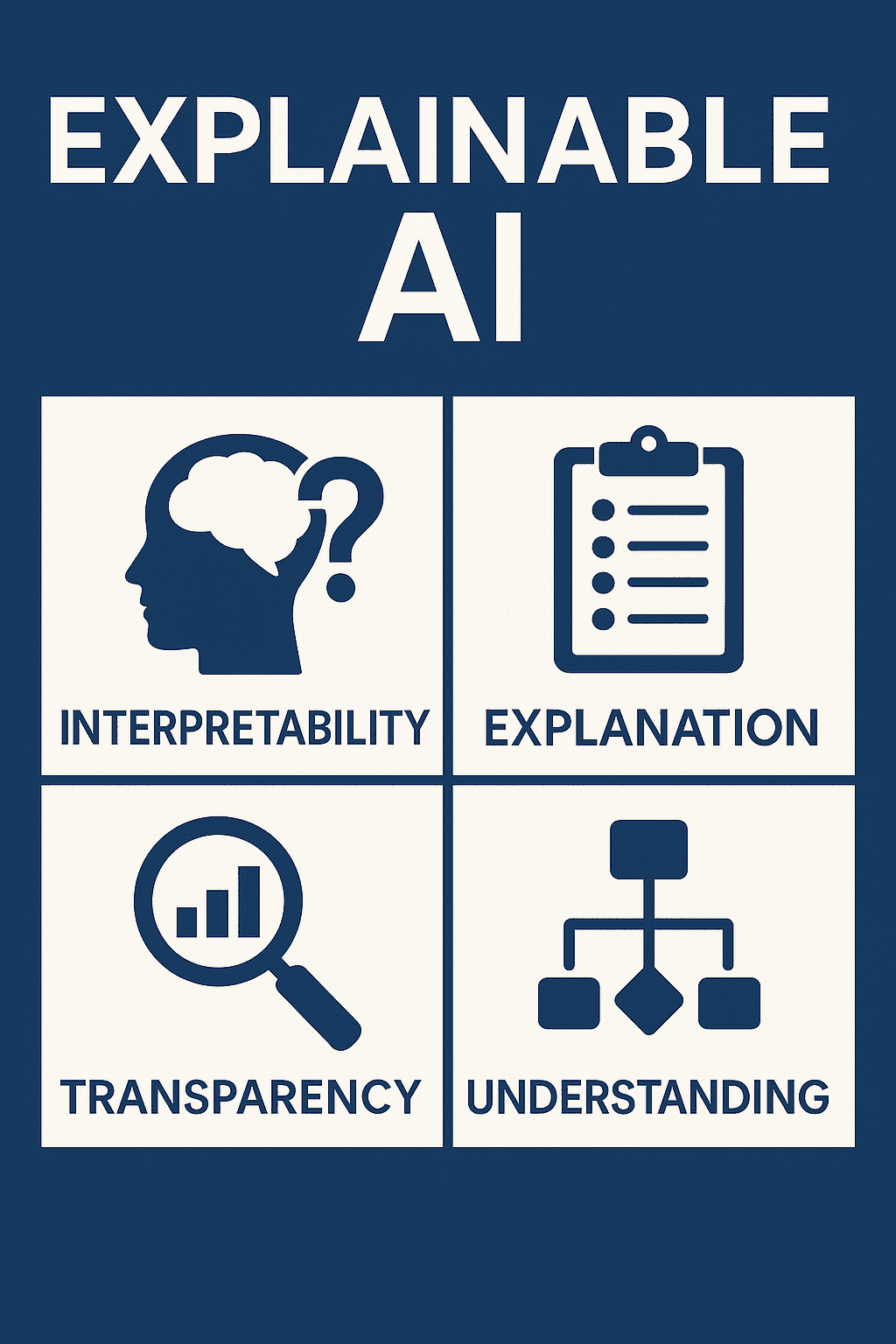
Explainable AI (XAI)
Explainable AI (XAI) – making AI decisions understandable to humans (By PiyushAI)
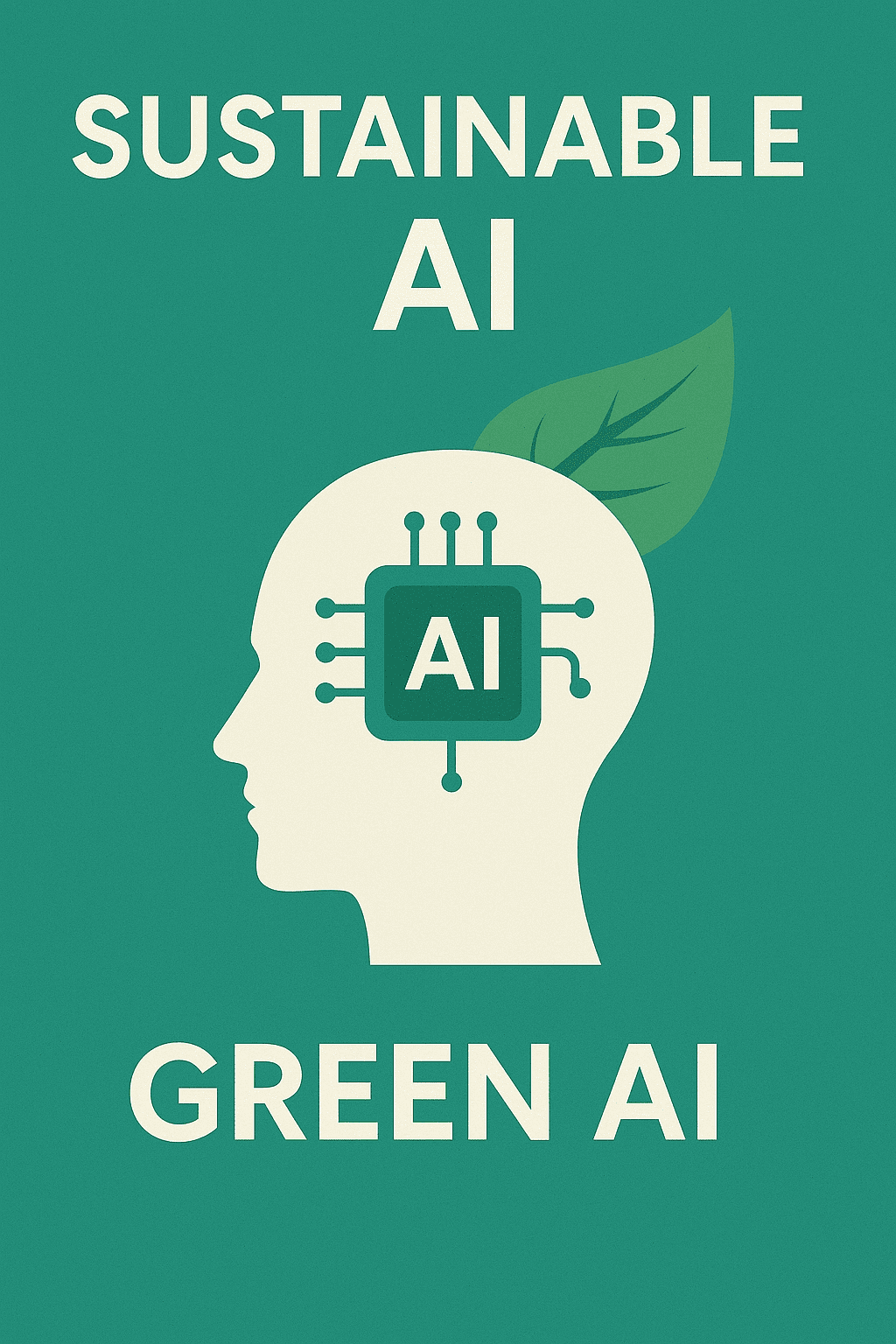
Sustainable AI / Green AI
Sustainable AI / Green AI – reducing energy usage and environmental impact. (By PiyushAI)
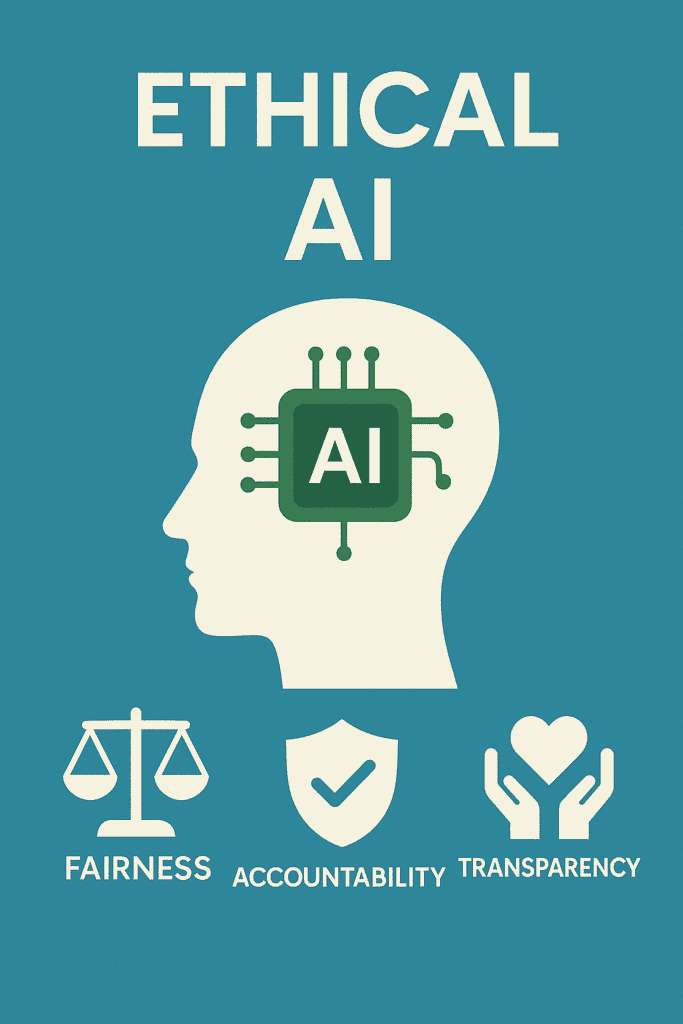
Ethical AI
Ethical AI – preventing bias, promoting fairness, justice, and equity. (By PiyushAI)
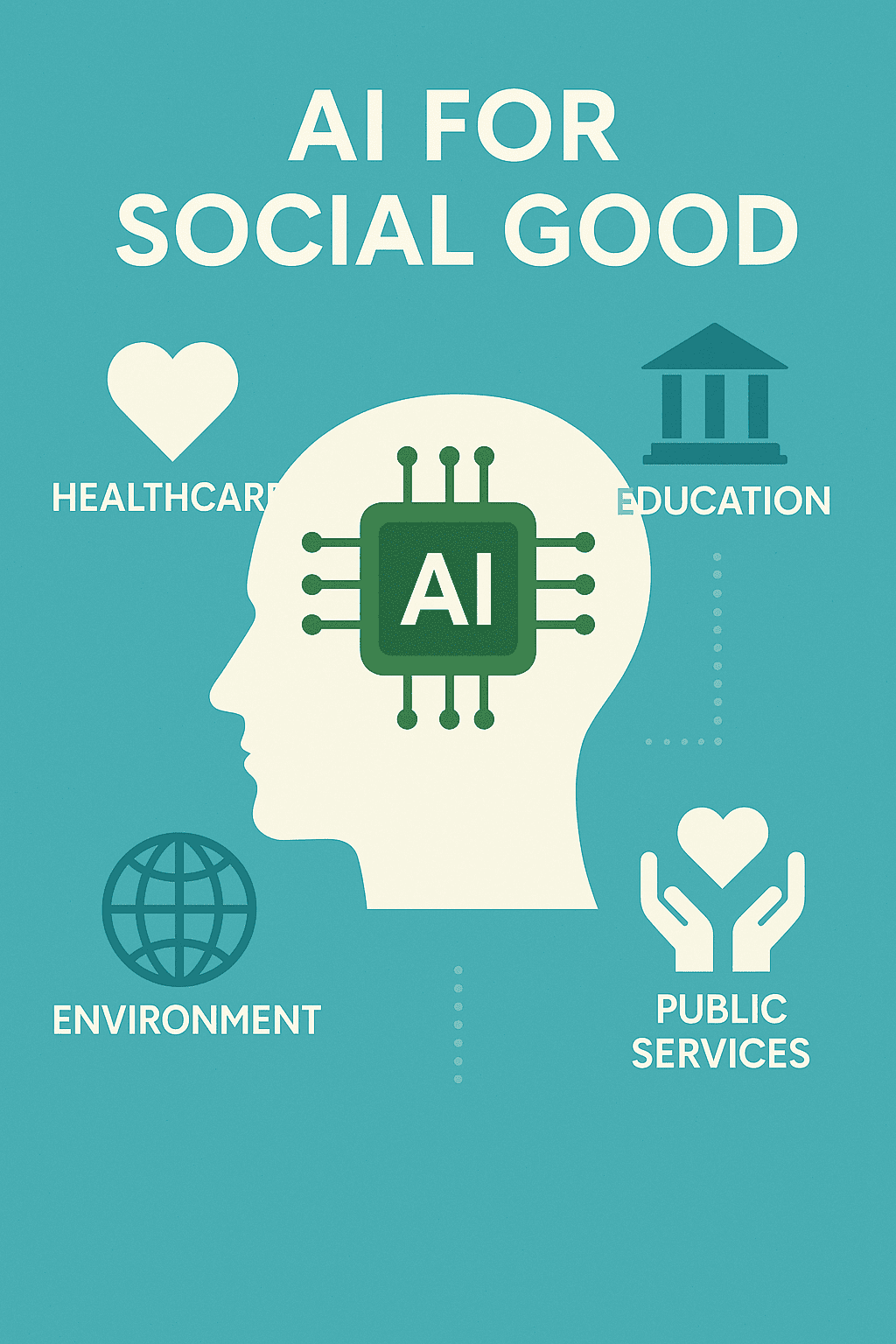
AI for Social Good
AI for Social Good – applications of AI for societal benefit. (By PiyushAI)